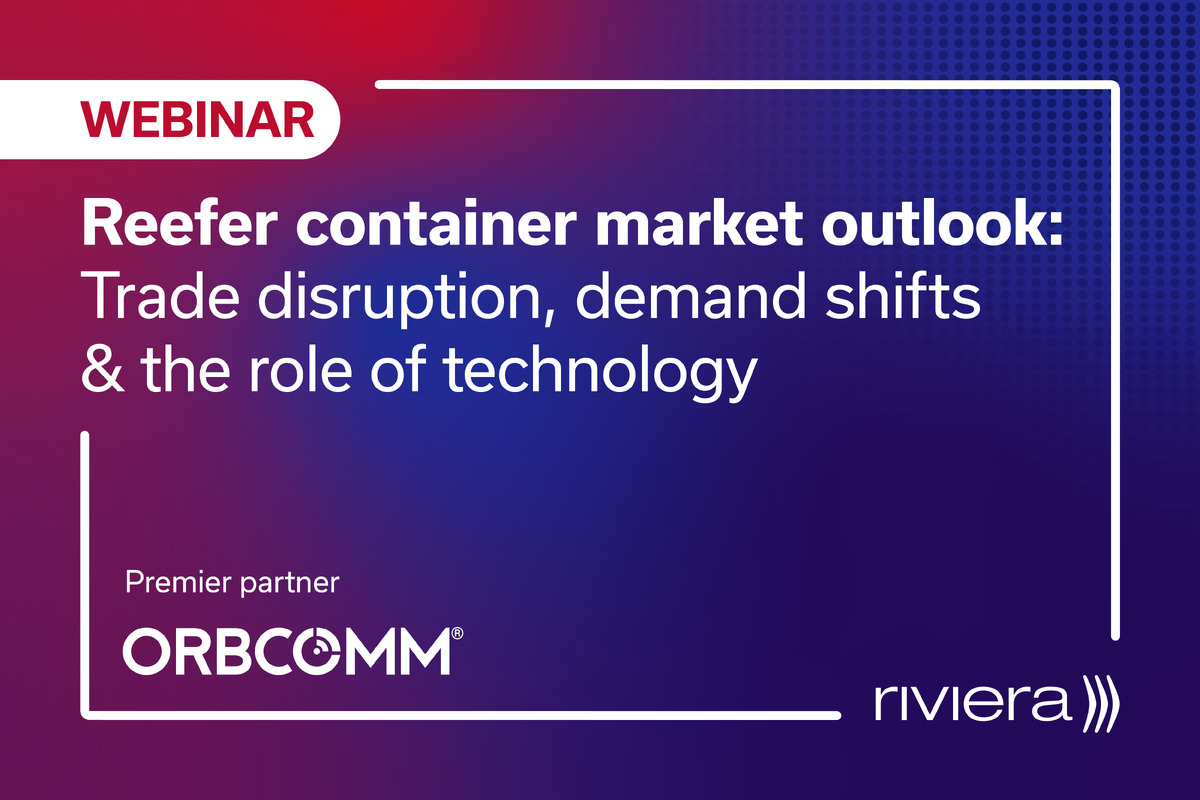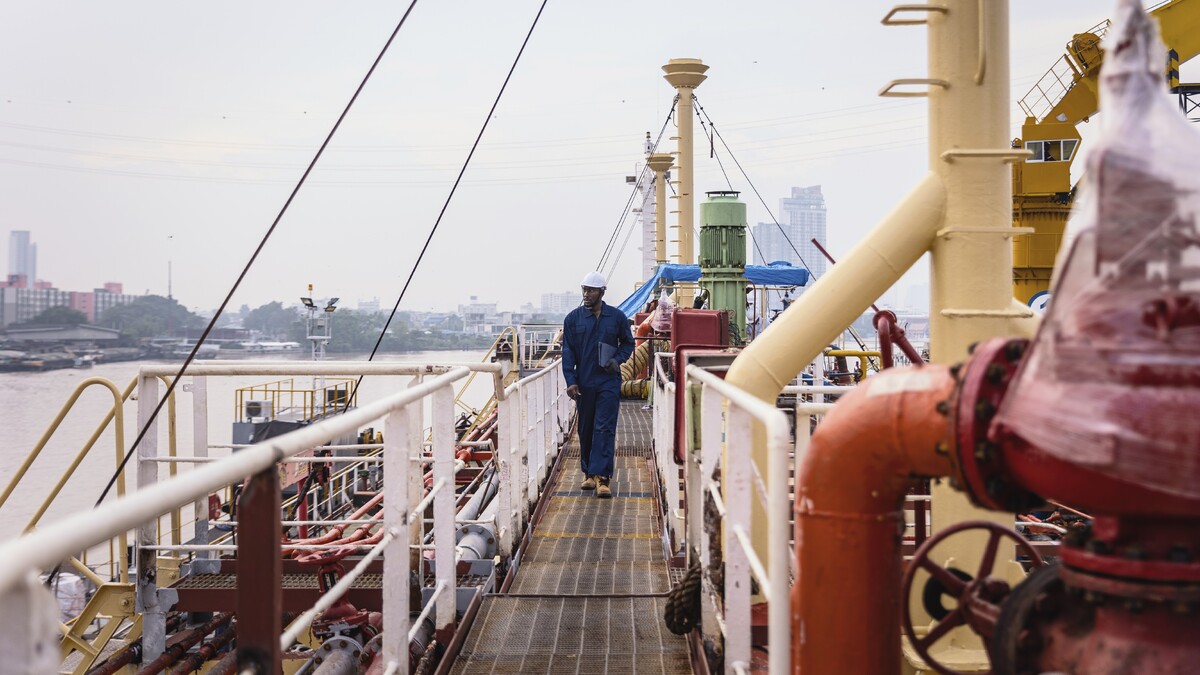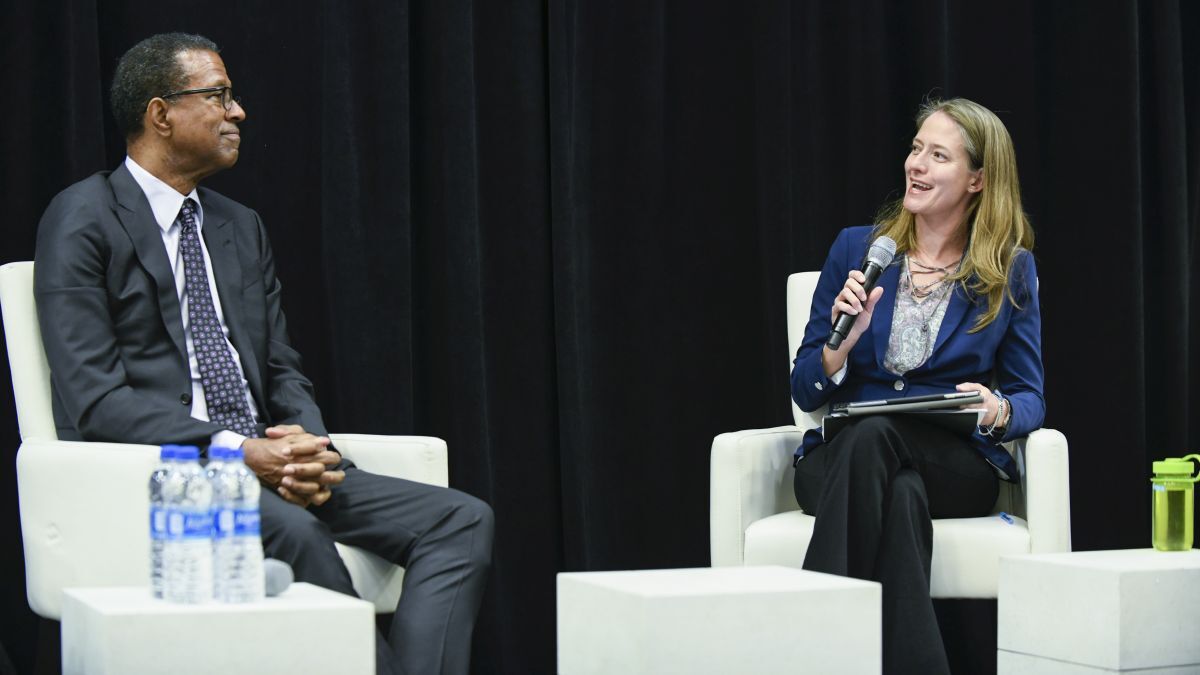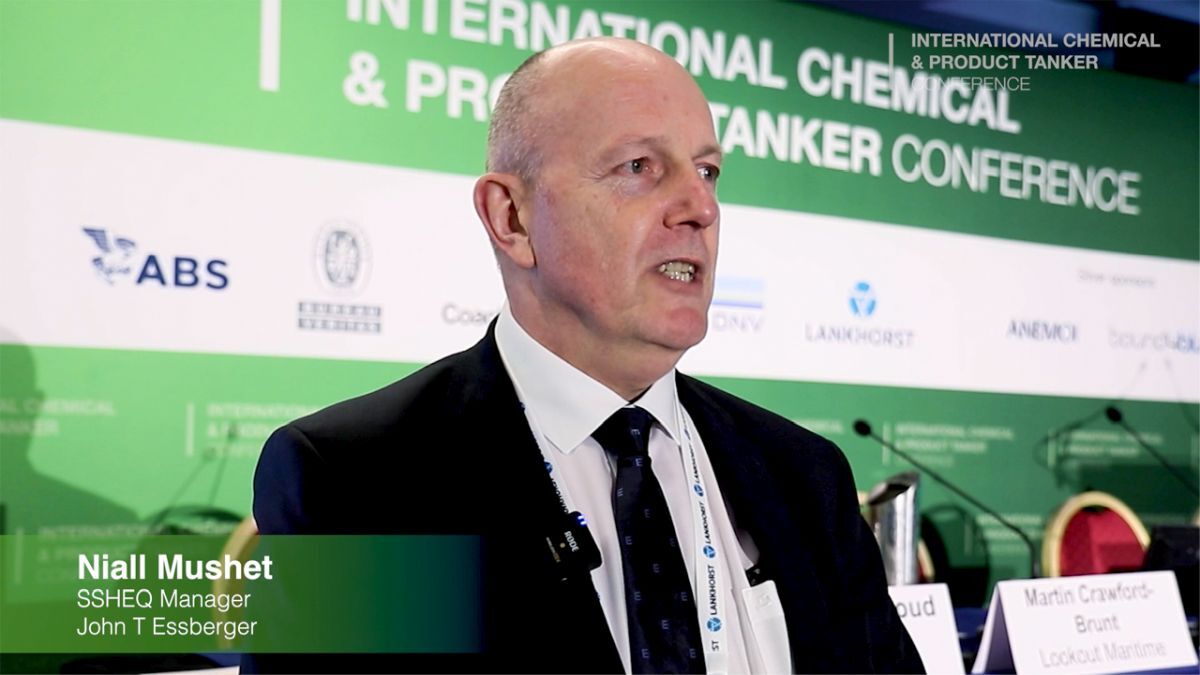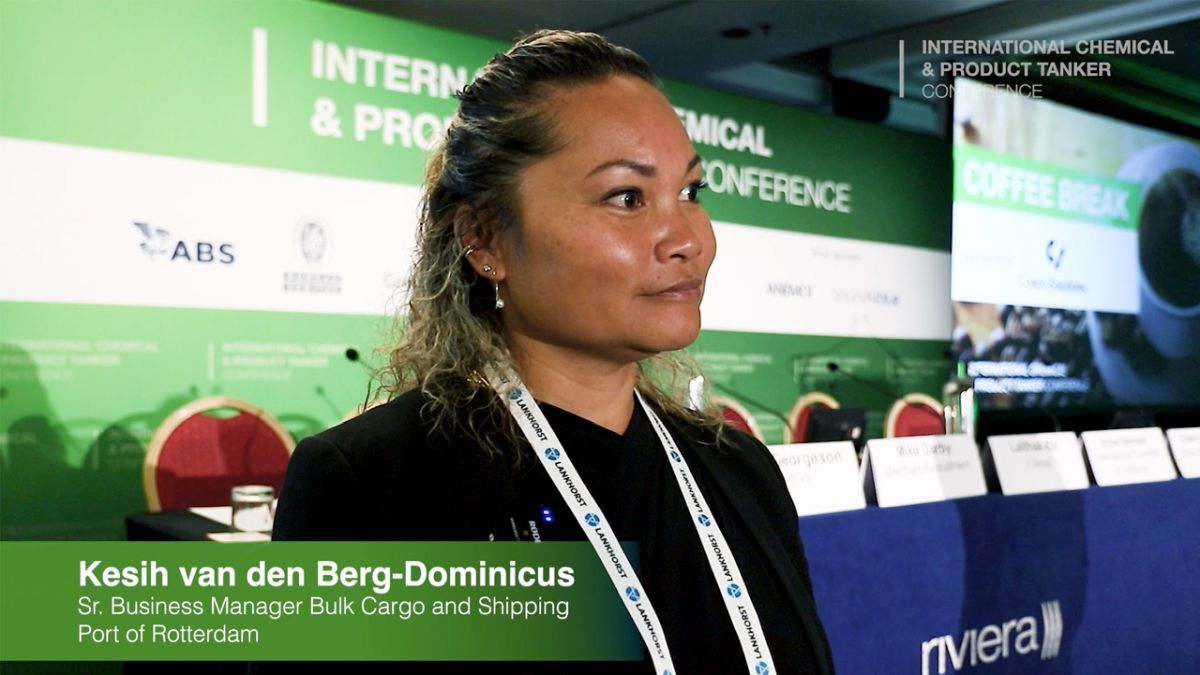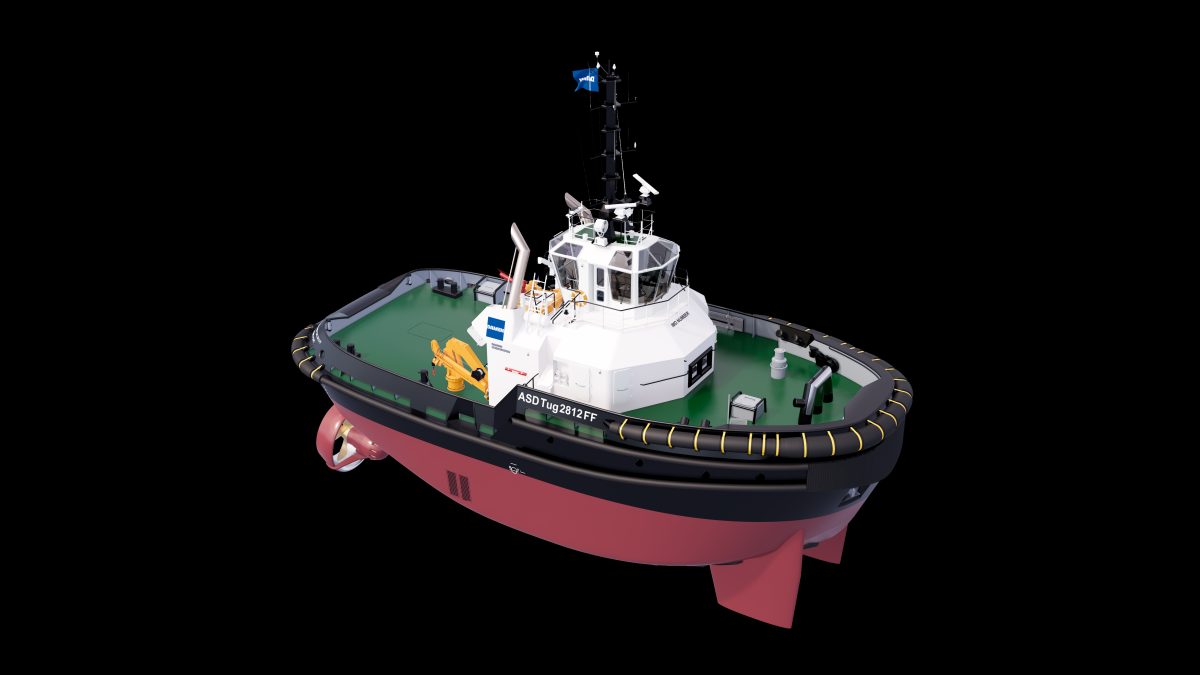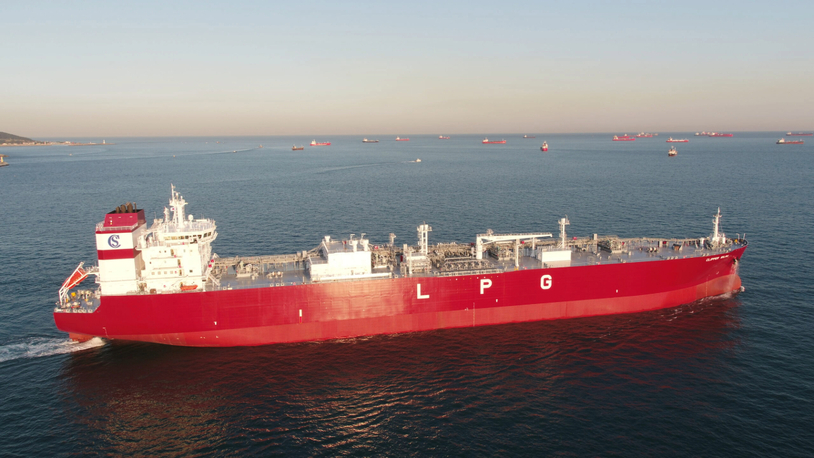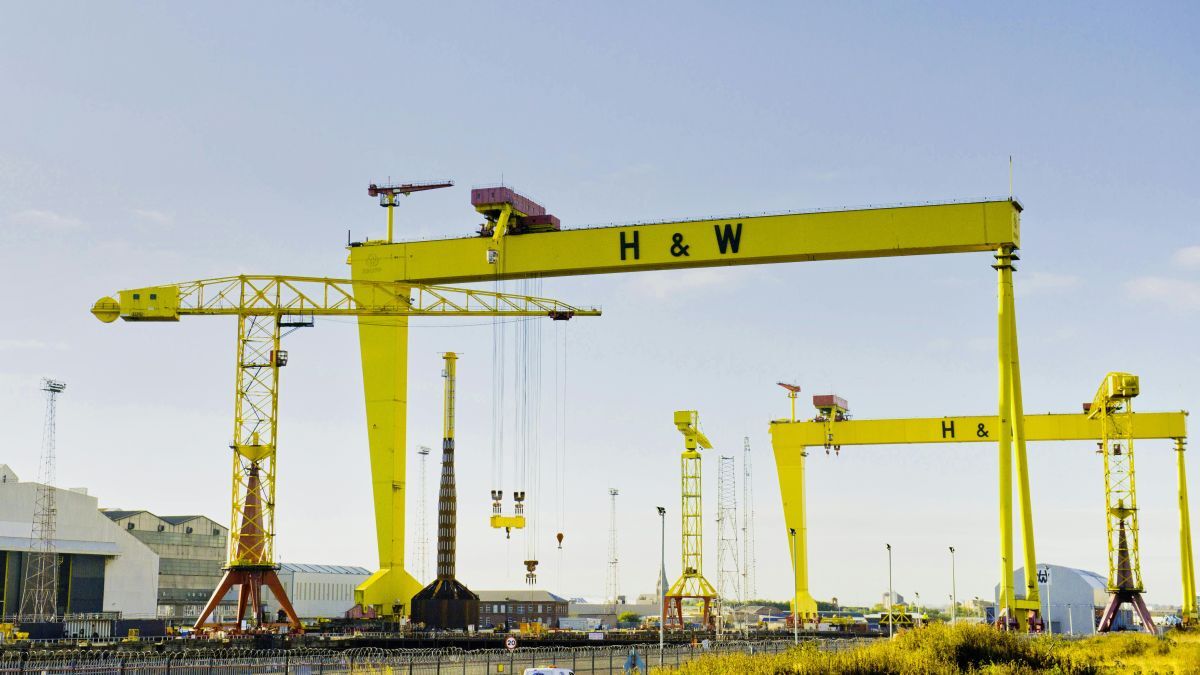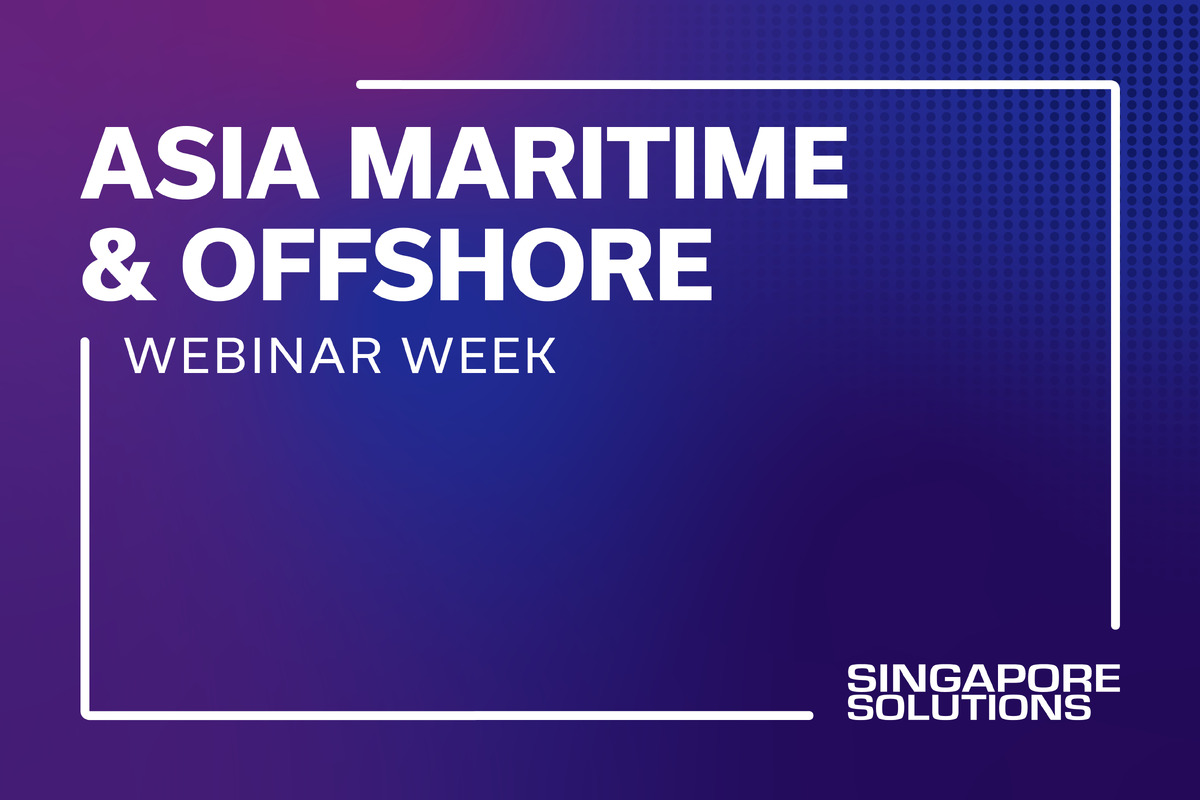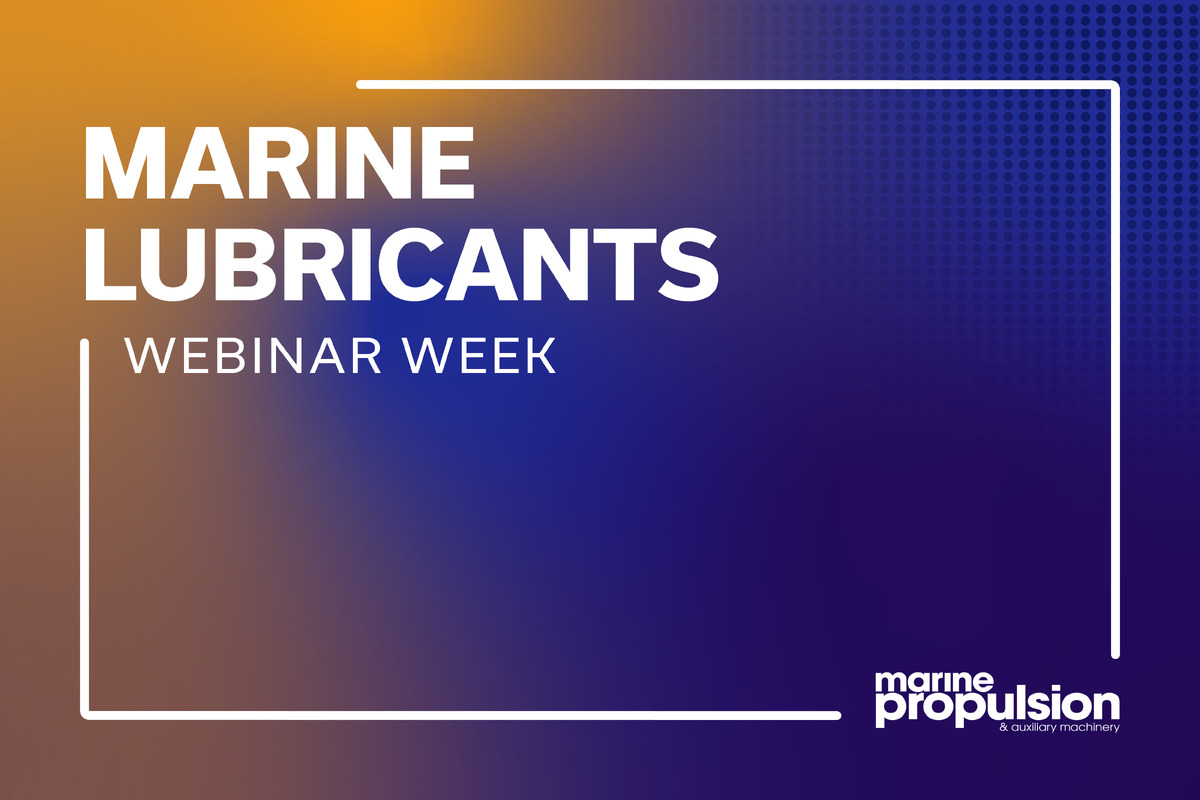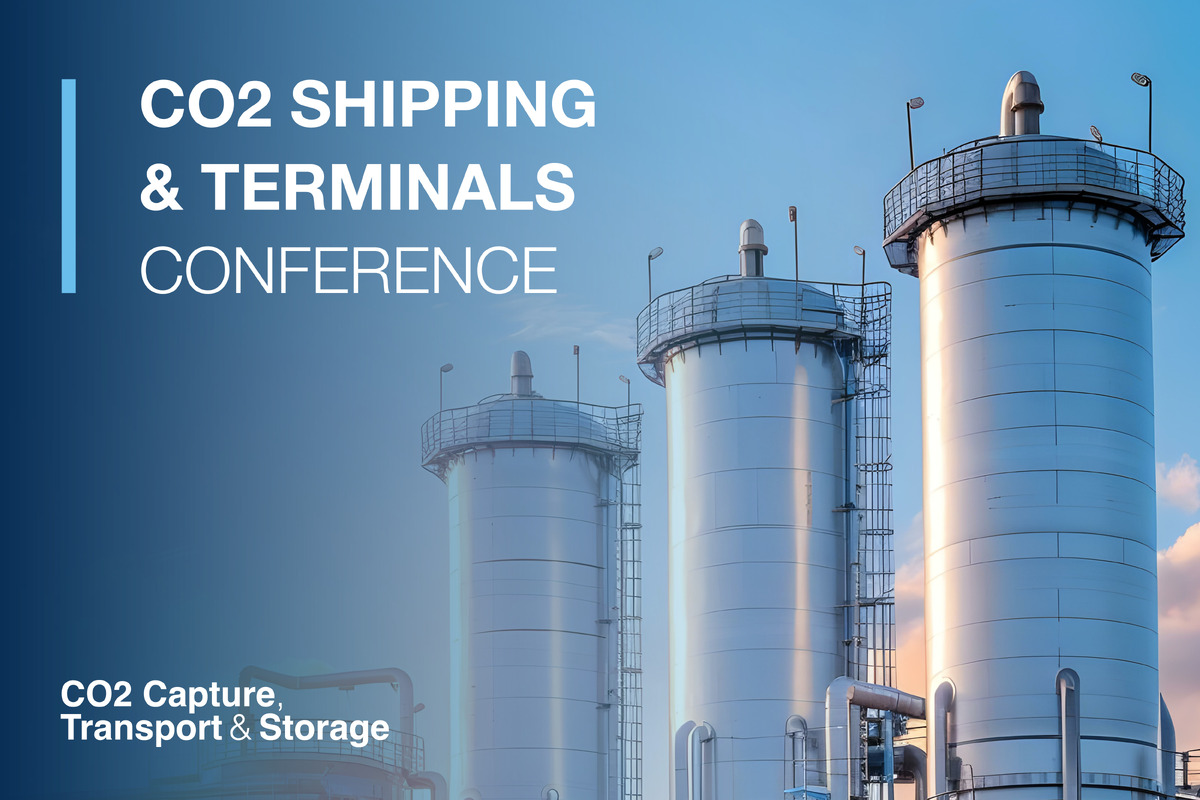Business Sectors
Contents
Register to read more articles.
Report predicts e-fuel container shipping in 2027
New ZEMBA report finds e-fuel-powered container shipping services could be available for commercial deployment in 2027, while identifying a near-term mismatch between the supply of certain e-fuels and e-fuel-capable vessels
A new report released by the Zero Emission Maritime Buyers Alliance (ZEMBA) and Lloyd’s Register’s Maritime Decarbonisation Hub found that e-fuel-powered shipping services are projected to be available for ZEMBA’s next tender.
Specifically, the report – which summarises the findings from a request for information (RFI) the two organisations co-ran earlier in 2024 – found sufficient predicted supply of both e-methanol and e-methanol-capable vessels in the container segment to support ZEMBA’s focus on e-fuel deployment. ZEMBA’s next tender is expected to launch in early 2025, with the aim to purchase the environmental attributes associated with e-fuel powered-services starting in 2027.
“ZEMBA’s aim is to open the door to new and increasingly scalable solutions through each of our tender processes,” said ZEMBA president and chief executive Ingrid Irigoyen. “Because there are scale limitations to those low-carbon fuels that rely on biogenic feedstocks, rapid deployment of hydrogen-derived e-fuels this decade is crucial to ensure the maritime sector gets on a 1.5°C-aligned pathway toward full decarbonisation by 2050, at the latest. We’re pleased the RFI results suggest the maritime sector will be ready to provide ZEMBA’s climate-leading freight buyer members with e-fuel-powered shipping for our next tender.”
Nearly 50 ship operators and fuel suppliers from around the world responded to the ZEMBA RFI, which was intended to assess the market readiness of commercial deployment of e-fuels in shipping. The report focuses on the implications of the RFI’s results for ZEMBA’s next tender and how these findings relate to overarching trends in the commercial deployment of e-fuels in the maritime sector. The RFI did not ask about the projected cost or price of e-fuel-powered services.
“The results of the RFI offer a valuable glimpse into the emerging market for e-fuels and e-fuel-capable vessels," said Lloyd’s Register Maritime Decarbonisation Hub director of sustainable fuels and strategy Dr Carlo Raucci. "Despite the current gap between e-fuel supply and vessel availability, it’s encouraging to see the potential for e-fuels to make a significant impact on the maritime sector. We’re excited to collaborate with ZEMBA on its second tender, which could be instrumental in driving the widespread adoption of scalable e-fuels in shipping.”
ZEMBA’s upcoming tender builds upon lessons learned during its inaugural tender, which was successfully completed in April 2024. Global carrier Hapag-Lloyd was the winner of the first tender and is supporting members to collectively avoid at least 82,000 tonnes of CO2e in 2025 and 2026.
The majority of RFI respondents predicted commercial e-fuels deployment in the maritime sector would be feasible starting in 2027 and 2028, with limited deployment potentially as early as late 2026. However, in the next few years, the RFI results identified a mismatch in the supply of certain e-fuels and corresponding e-fuel-capable vessels on a fuel-by-fuel basis.
Container ships capable of operating on e-methane are available now, but the RFI found no e-methane production projects post-final investment decision (FID). Conversely, e-ammonia production projects under construction appear to be sufficient to meet ZEMBA’s estimated demand, but the first e-ammonia-capable container ships are unlikely be on the water by 2027.
The RFI suggests e-methanol is the most likely pathway for ZEMBA’s next tender because of alignment between sufficient projected e-methanol fuel production and e-methanol-capable container ship vessels on the water in 2027. However, across fuel types, the report highlights a significant number of e-fuel projects remain at preFID stage, casting doubt on whether those projects would begin production on their projected timelines and, related, if e-fuel-capable dual-fuel vessels will actually run on e-fuels.
One finding from ZEMBA’s inaugural tender was that announcements for e-fuel development projects often do not correlate to commercial readiness within predicted timeframes. ZEMBA received no e-fuel-powered bids for its first tender. Commitments from ZEMBA members for e-fuel-powered shipping services through the next tender will aim to provide encouragement to ship operators and others across the maritime value chain to enter into longer term offtake e-fuel contracts of their own.
Sign up for Riviera’s series of technical and operational webinars and conferences:
- Register to attend by visiting our events page.
- Watch recordings from all of our webinars in the webinar library.
Related to this Story
Events
Reefer container market outlook: Trade disruption, demand shifts & the role of technology
Asia Maritime & Offshore Webinar Week 2025
Marine Lubricants Webinar Week 2025
CO2 Shipping & Terminals Conference 2025
© 2024 Riviera Maritime Media Ltd.
